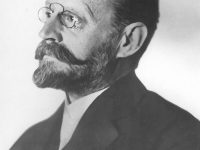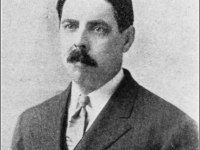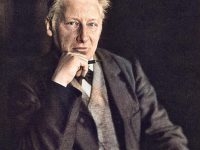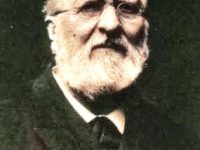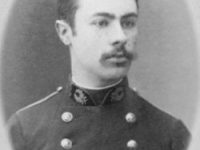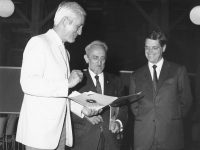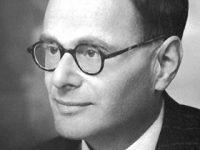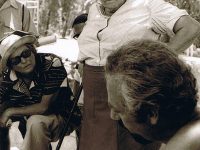The Third Man – A Film Noir Masterpiece
On September 2, 1949, The Third Man, directed by Carol Reed starring Orson Welles and Joseph Cotton, was officially released. Based on a novel by Graham Greene, The Third Man has become an iconic masterpiece that has been voted as the greatest British film of all time by the British Film Institute in 1999. Set in the ruins of post war Vienna it plays with the damaged history of its protagonists, about…
Read more












